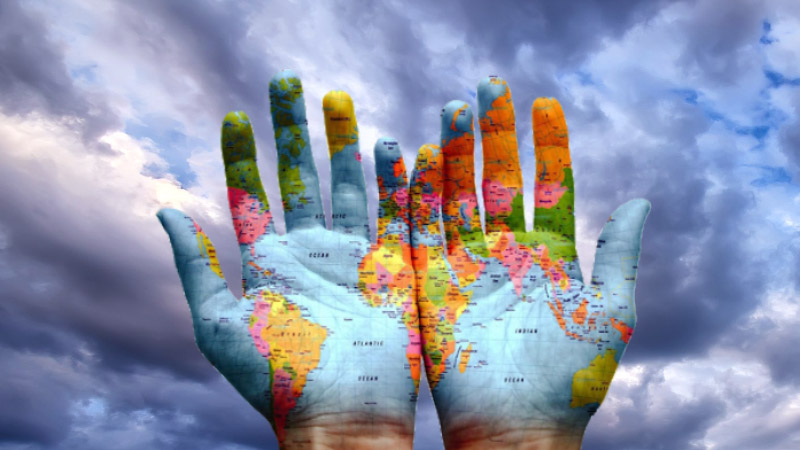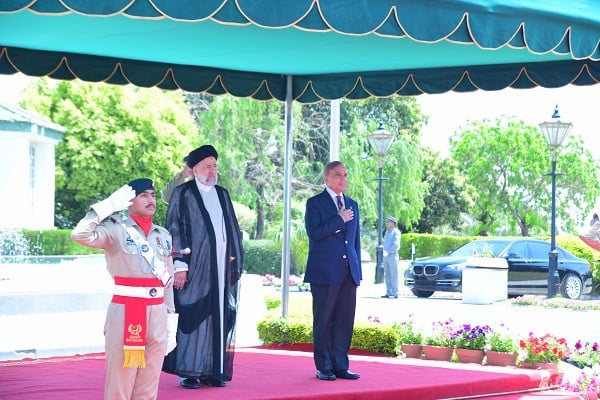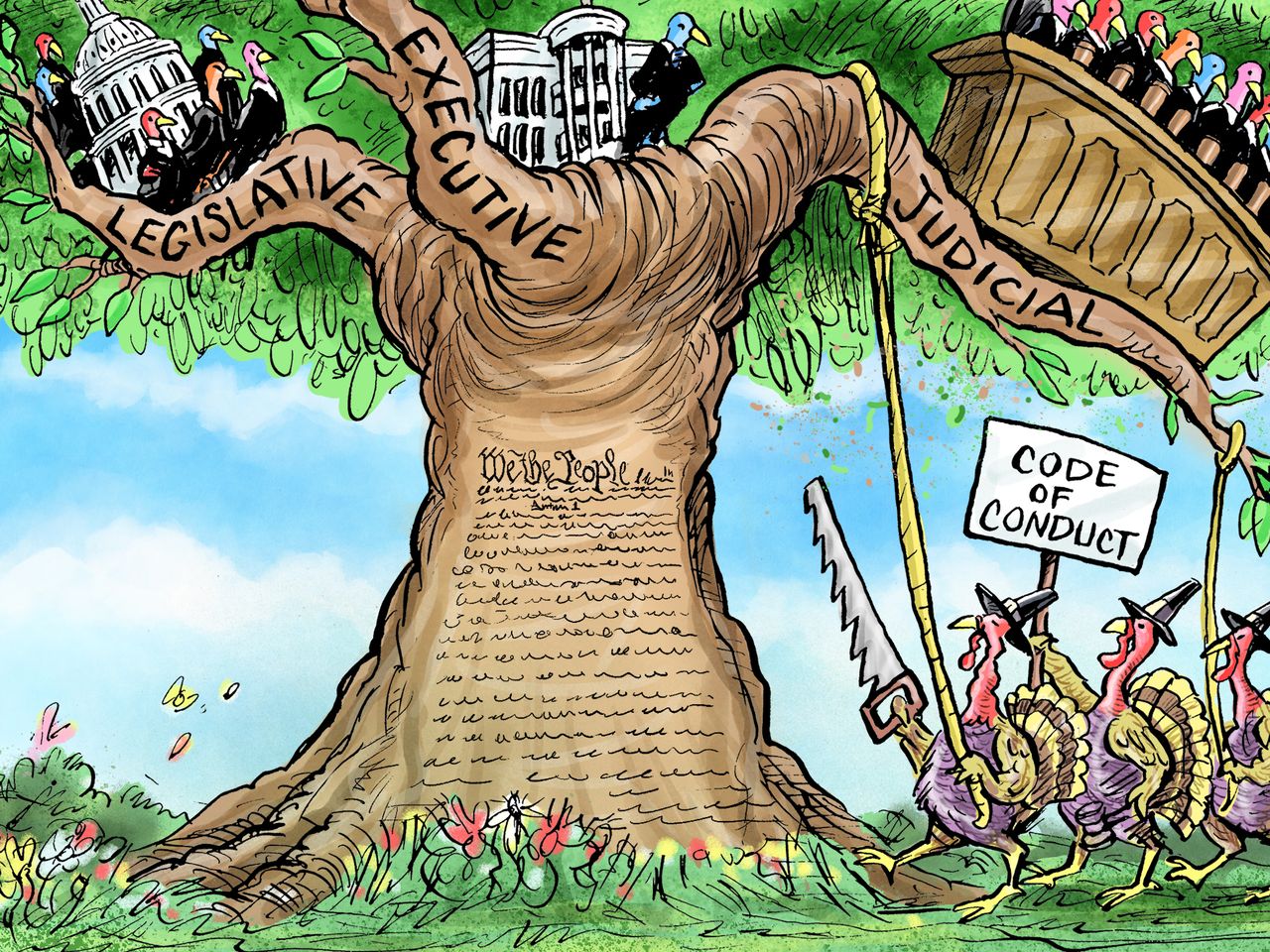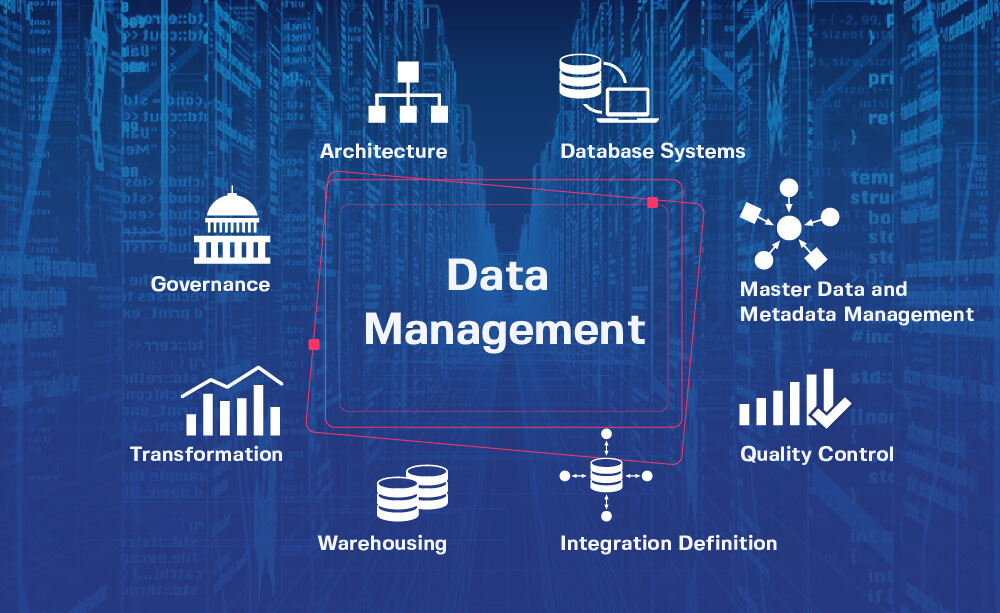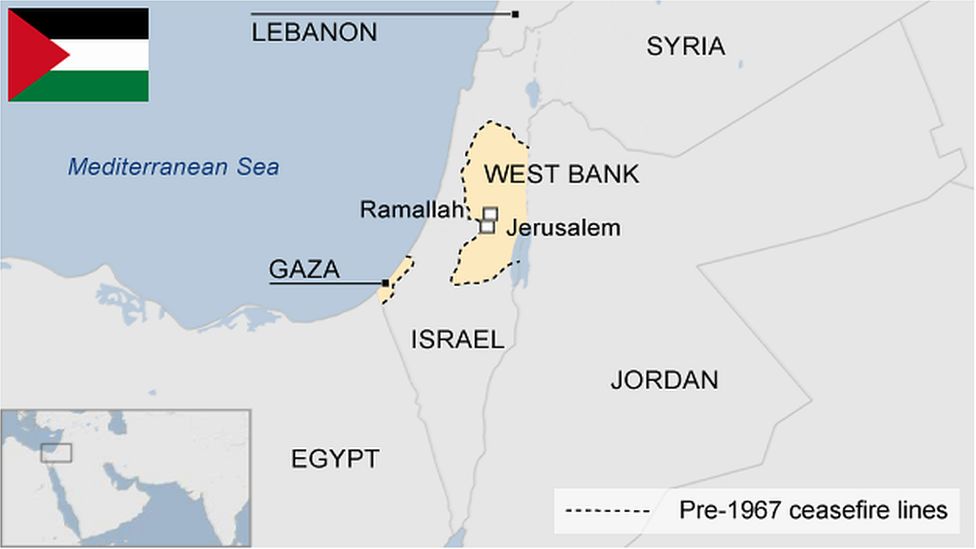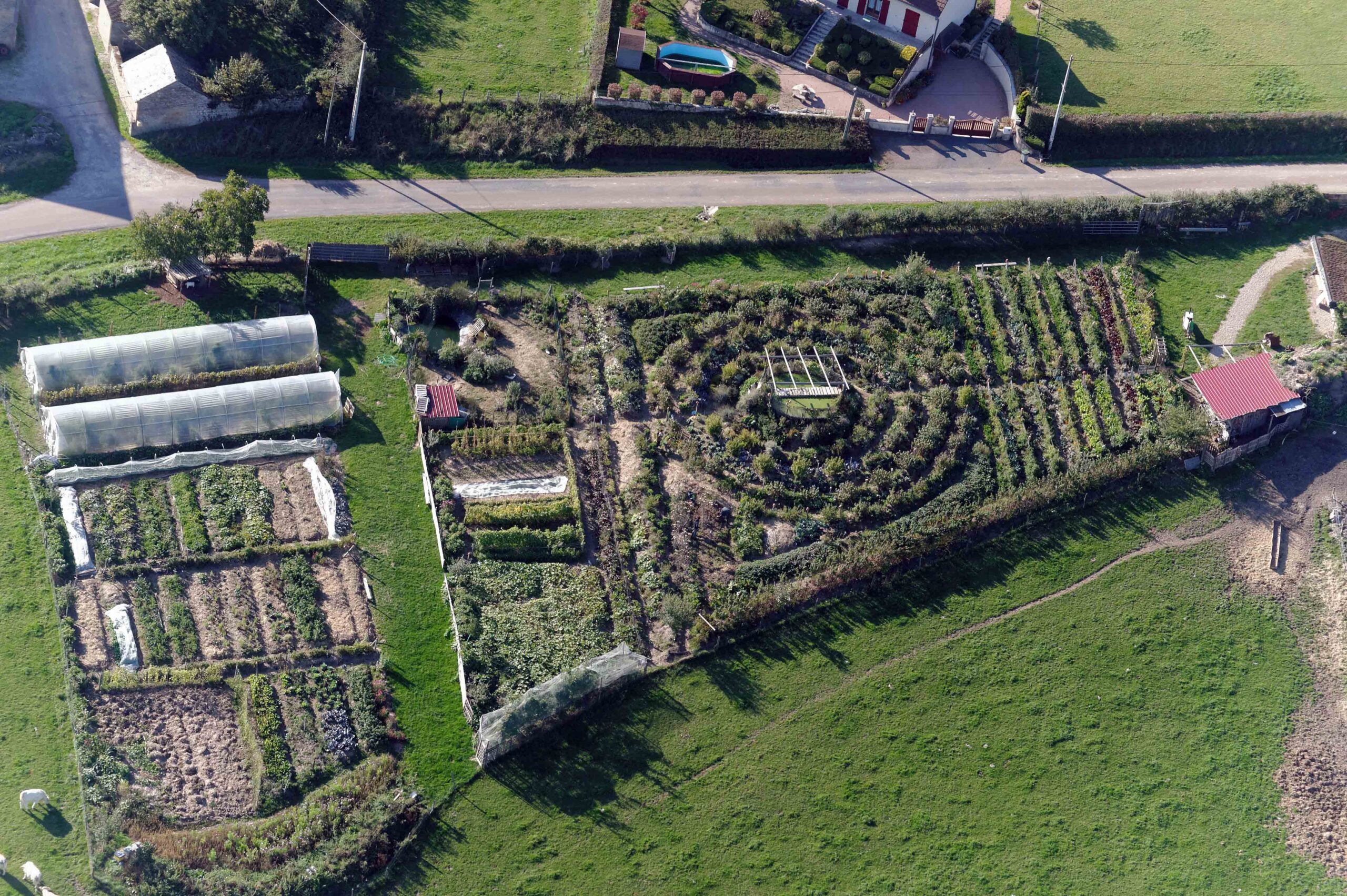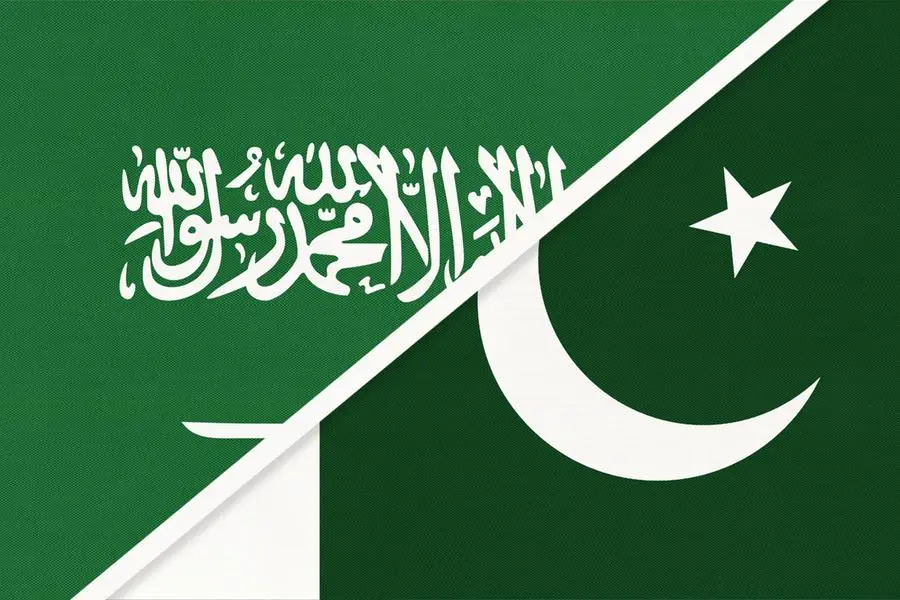Khalid Masood Khan
Reference. The website of United Nations
Recent decades have been marked by rapid technical transformations that have completely upended how people interact, communicate and access information about the world. People now possess all the human knowledge, and news and information can ricochet worldwide in seconds. Therefore, it is called a digital revolution, where pieces of information of all types are available at the click of a smartphone. Furthermore, the digital age has revolutionized the global world, and secure connections are available to check, cross and investigate information. However, the flow of the data is so fast that it takes hours to dissect which statement is true or false. Moreover, the digital age has also empowered humans to apply technological applications to systems and modules to benefit from superior technology.
There are extended new opportunities to educate, inform and organize. Particularly during the COVID-19 lockdowns, technology was critical in enabling continued access to vital health information, education, work, etc. Yet these dramatic shifts have also had negative consequences that we are only beginning to confront, including the much-accelerated rate at which misinformation, disinformation, and even hate speech spread. Again, the COVID-19 pandemic brought this into sharp focus as health measures were widely debated, and disinformation and misinformation made their implementation more difficult. The foremost challenge is the need for a more supervisory or regulatory body. Then, data is so enormous that it takes work to filter it. Hence, it is an age of free flow, and people themselves have to decide the health of the data.
While misinformation refers to the accidental spread of inaccurate information, disinformation is false, intends to deceive, and is spread to do serious harm.
State or non-state actors can spread disinformation. It can affect a broad range of human rights, undermining responses to public policies or amplifying tensions in times of emergency or armed conflict.
There is no universally accepted definition of disinformation. Each description may need to be revised on its own, given the multiple and different contexts in which concerns over disinformation may arise, including concerning issues as diverse as the electoral process, public health, armed conflicts, or climate change.
This issue has become a central point in the debate of international forums and organizations. Therefore, the General Assembly and the Human Rights Council have both called for responses to the spread of disinformation to promote and protect and not to infringe on individuals’ freedom of expression and freedom to seek, receive and impart information, as established by Article 19 of the Universal Declaration of Human Rights and article 19 (1) of the International Covenant on Civil and Political Rights.
Freedom of expression also covers critical speech that questions societal norms. These expressions include irony, satire, parody or humour and erroneous interpretation of facts or events. Such speech must not be unduly restricted under the guise of combating disinformation.
“Approaches that seek simple solutions to this complex problem are likely to censor legitimate speech that is protected under international human rights law. Such overbroad restrictions are likely to exacerbate societal ills and increase public distrust and disconnections, rather than contribute to resolving underlying problems.” (A/77/287)
Rather than imposing restrictions, states are encouraged to promote and protect free and independent media and maximize transparency and access to information to build trust in public institutions, governance, and processes. They should encourage public participation at all levels and enable meaningful dialogues and debates.
Some States have carried out digital and media literacy programmes to enable more resilient and meaningful participation online. Such initiatives promote critical thinking skills that empower people to identify, dispel and debunk disinformation.
States should also invest in tools and mechanisms that support independent fact-checking with the participation of journalists and civil society.
Following the UN Guiding Principles on Business and Human Rights, States should encourage companies to respect human rights, including by requiring them to conduct human rights due diligence, increase transparency around their policies and practices relating to disinformation, engage with civil society, provide access to researchers and to grant users greater control of their online experiences.
Restrictions to freedom of expression are only permissible in exceptional cases. When regulations are imposed, they must be provided by law, be necessary for protecting the rights of individuals or national security, and be proportionate. Restrictions must not serve, in practice, to stifle freedom of expression.
States must hold accountable those who advocate for national, racial, or religious hatred. Article 20 (2) of the Covenant requires that propaganda for war or advocacy of national, racial or religious hatred that constitutes incitement to discrimination, hostility or violence be prohibited by law.
The issue of misinformation and disinformation is critical for healthy information in Pakistan. The digital modes of communication are improving in Pakistan. So, there is better access to digital media in Pakistan despite so many challenges to freedom of expression. Then, there are serious identity issues in the digital world in Pakistan. Therefore, so many fake accounts are being operated. The system is linked with foreign companies, so the Pakistani government cannot manage and regulate the digital world. Hence, the situation for misinformation and disinformation is always ripe. Then, so many overseas Pakistanis use digital media, so there is always a lot of information and data. Hence, most of the time, the information and data are passed on without proper authentication scrutiny.
Politics is a significant part of digital transmission in Pakistan. Social media and digital media are essential partners in disseminating information and data to the public in Pakistan. Then, the element of research, methods, and logic is hardly applied, and most of the information remains generalized and irrelevant, to say the least. Apart from average sources of information and data, the other part is misinformation and disinformation. There is a method involved in it. Various Political, religious and cultural groups are targeting the public to disseminate their propagating information and data. The whole process is becoming unhealthy. As the digital world is an endorsement, and it must not compromise the qualitative content. Therefore, Pakistan’s government must regulate it and ensure that misinformation and disinformation are not passed on to the public. https://republicpolicy.com/artificial-intelligence-is-the-way-forward-for-jobless-youth-in-pakistan/






































